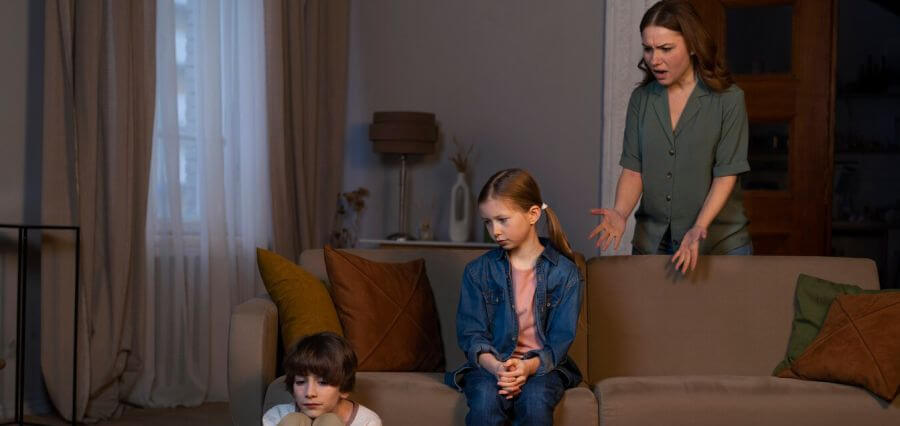
Divorce is a significant life event that can have lasting effects on children’s emotional and psychological well-being. It is crucial to provide support and acknowledgment of their emotions to minimize the adverse impact. Seeking help from professionals like child psychologists can offer customized strategies to navigate this challenging time effectively. Promoting a positive relationship between children and both parents, if possible, can help maintain stability and a sense of normalcy. Engaging in activities like art, writing, or play therapy to encourage self-expression can be beneficial in managing the aftermath of divorce and equipping children with emotional skills for healthy adult relationships.
To understand the long-term effects of divorce on children later in life, it is essential to raise awareness about its psychological consequences and destigmatize divorce. Creating supportive communities at schools and community centers through programs focused on emotional literacy and resilience-building can provide a safe space for children to share experiences and learn coping mechanisms. Legal systems should prioritize child-focused approaches in divorce cases, aiming to minimize children’s exposure to conflict and educate parents about the potential long-term emotional effects on their children’s future.
Facilitating open communication between parents and educational professionals can help detect potential issues early on and address academic and behavioral challenges that may arise from divorce. Teachers play a crucial role in offering additional support and encouraging involvement in school-based counseling or peer groups. Supporting children in extracurricular activities can provide emotional expression and a sense of accomplishment, paving the way for resilience and adaptability in the face of challenges.
Instilling a strong sense of self-worth in children can protect them from future relationship difficulties. Teaching them about setting boundaries and identifying red flags can empower them to make healthier choices in relationships. Financial literacy education and support for children can help mitigate the economic instability resulting from divorce and equip them with the skills to navigate financial challenges in the future.
Integrating positive coping mechanisms into children’s lives from an early age can build resilience against substance abuse. Encouraging healthy outlets and connecting children with positive role models can help prevent substance misuse and promote emotional health. Fostering an open environment for children to express their concerns and providing access to professional support services can help manage stress and mental health challenges associated with divorce, ensuring they have the resources and resilience to cope throughout their lives.
By taking a holistic approach and addressing the various aspects of how divorce affects children later in life, we can support children effectively as they navigate the challenges of divorce and build a promising future.

